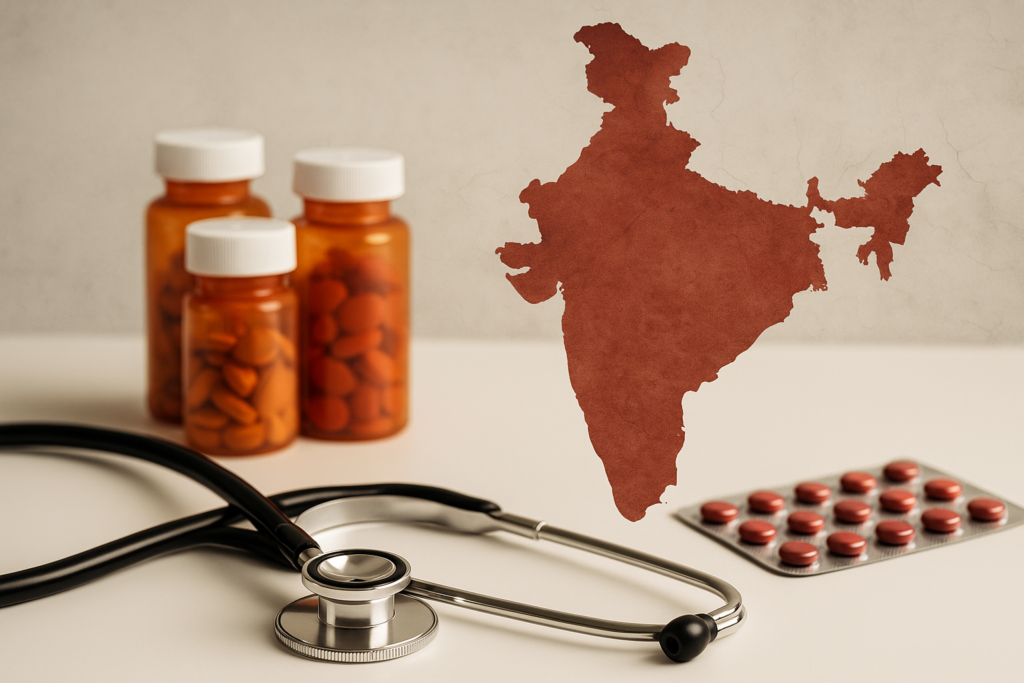A panel of India’s most distinguished physicians has issued a stark warning: without urgent reform, the nation risks being overwhelmed by diabetes, heart disease, and cancer, threatening both public health and economic stability.
A Surge in Lifestyle Diseases
India, long praised for its rapid advances in medical technology, is now facing an enemy from within. Padma-awardee doctors warn that non-communicable diseases (NCDs)—chiefly diabetes, heart disease, and cancer—are spreading at epidemic levels. In cities like Delhi, nearly one in three residents is diabetic, with another third pre-diabetic. Doctors stress that without a dramatic shift toward prevention, early detection, and lifestyle changes, the system could collapse under the weight of chronic illness.
Voices From the Frontlines
At a health forum in New Delhi, some of India’s most respected physicians spoke with urgency. Dr. D.S. Rana, Chairman of the Board of Trustees at Sir Ganga Ram Hospital, called for universal healthcare and ethical pricing to make treatment accessible. Cardiologist Dr. Praveen Chandra emphasized the “golden hour” in heart care, noting that timely interventions like angioplasty can save lives even among elderly patients.
Endocrinologist Dr. Anoop Misra highlighted the scale of India’s diabetes epidemic, pointing out that new drugs such as Ozempic can help—but prevention through diet, exercise, and awareness remains the most powerful tool. Dr. Mohsin Wali, another Padma awardee, championed trust-based, non-profit healthcare models, urging the system to focus less on profit and more on equity.
A Call for Urgent Reform
The doctors agreed on a clear roadmap: strengthen preventive healthcare, regulate drug pricing and hospital costs, and build integrated systems that connect primary, preventive, and advanced care. Without such measures, they warned, India could see its demographic dividend eroded by a sick population and spiraling healthcare costs.
Despite the country’s advances in telemedicine, AI diagnostics, and world-class private hospitals, technology alone cannot save a system that neglects prevention and access. As Dr. Swadeep Srivastava of Pacific OneHealth put it, healthcare must shift “from a privilege to a promise”—or India risks confronting a health catastrophe of its own making.


